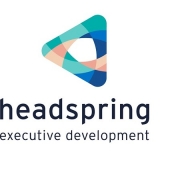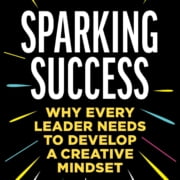Empowerment and Delegation
I’ve been asked recently by a number of clients to explore empowerment and delegation with them, particularly in the age of working from home, and the more I thought about it the more I consider that empowerment isn’t a technical or tactical challenge.
There aren’t many specific suggestions or behaviours to master in order to be better at delegation and empowerment. Instead, I’ve come to the conclusion that it’s more of a psychological barrier if we find that our organisations and leaders struggle with empowerment. Namely, the issue is what Carol Dweck referred to as ‘The Growth Mindset’ – that leaders must role model challenge and experimentation as a springboard for growth, stretch and fulfilment.
Therefore, I challenge leaders to ask themselves, ‘Do I rely on my expertise and experience to give me answers to future challenges? Do I need my people to do things in exactly the way that I would do it? Or am I willing to give up that control to say that my team may come up with solutions that I wouldn’t have come up with, that could be just as good or better, but that requires the confidence to let go?’
If we really want our people ultimately to grow, to be the leaders that they want to be, and that we would wish them to be, we have to cease relying so much on instructing people how they should do the job. In being clear about the outcomes that we require, we have to be open to the possibility that our team will adapt, evolve, and figure out new solutions themselves. In so doing, leaders facilitate the capability of autonomic or evolutionary adaptability, one of the most critical new norms that organisations would like to practice but struggle to embed.












